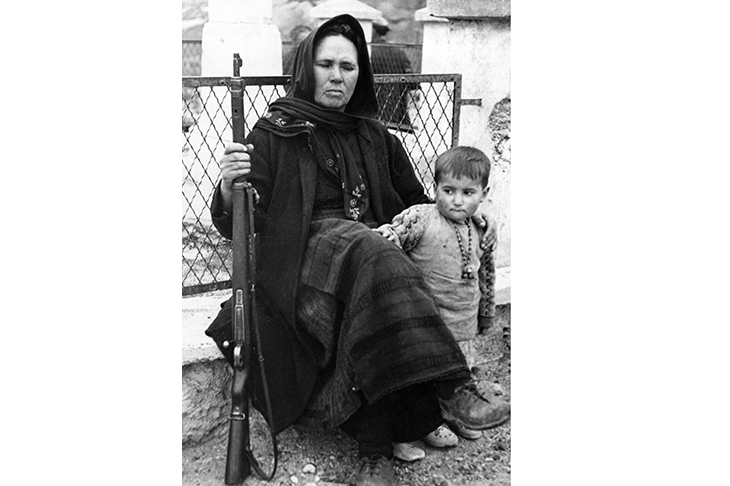It often proves difficult to talk about modern Greece. Not just because of the relentless stream of news coming at us this past decade in relation to the crisis; but also because Greece, both its ancestry and its more recent passions, can mean quite different things to different people. It’s a history universally revered in its ancient glory, commonly ignored in its millennium-spanning Byzantine imperial expression and often maligned in its modern incarnation as a nation state.

Disagree with half of it, enjoy reading all of it
TRY A MONTH FREE
Our magazine articles are for subscribers only. Try a month of Britain’s best writing, absolutely free.
Already a subscriber? Log in






Comments
Join the debate, free for a month
Be part of the conversation with other Spectator readers by getting your first month free.
UNLOCK ACCESS Try a month freeAlready a subscriber? Log in